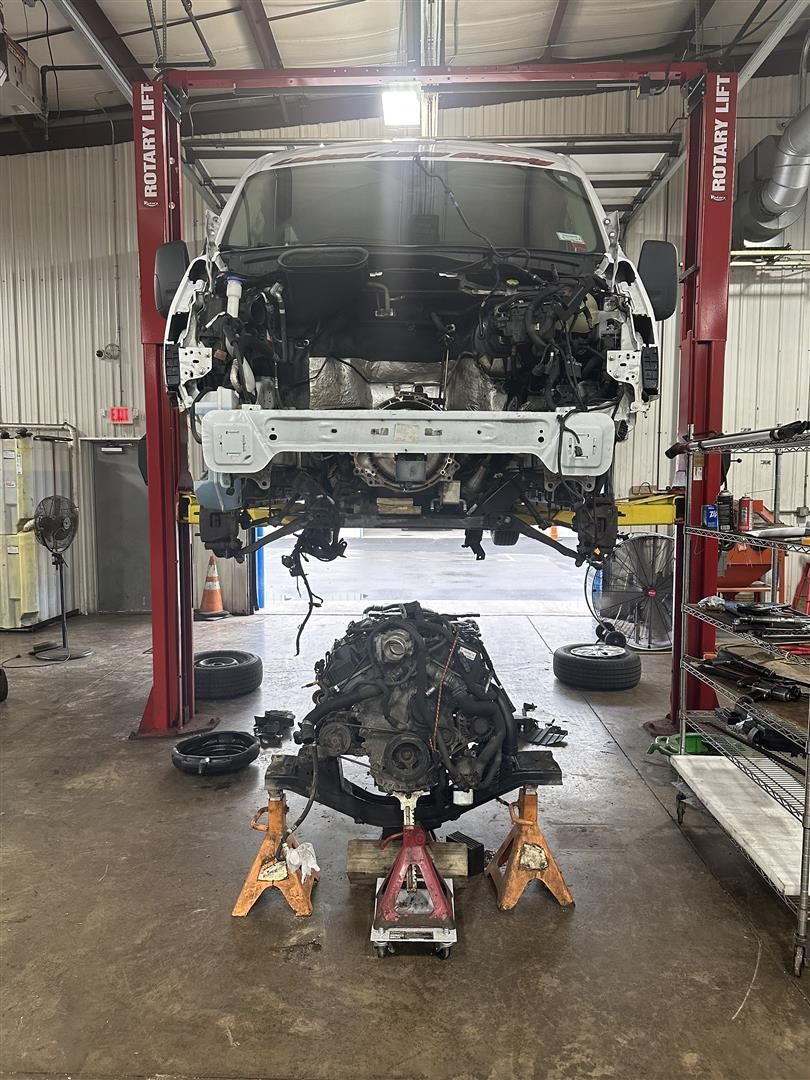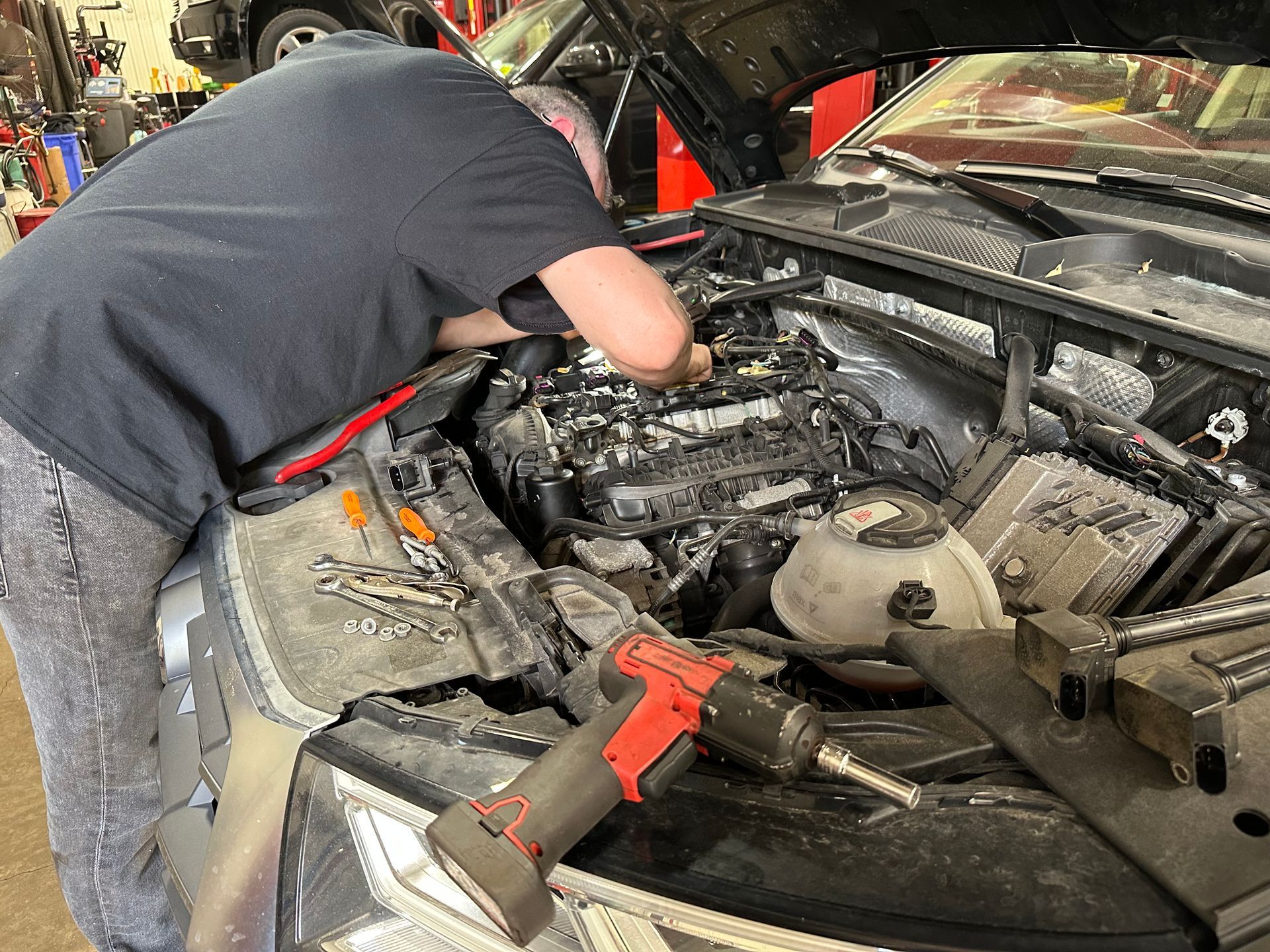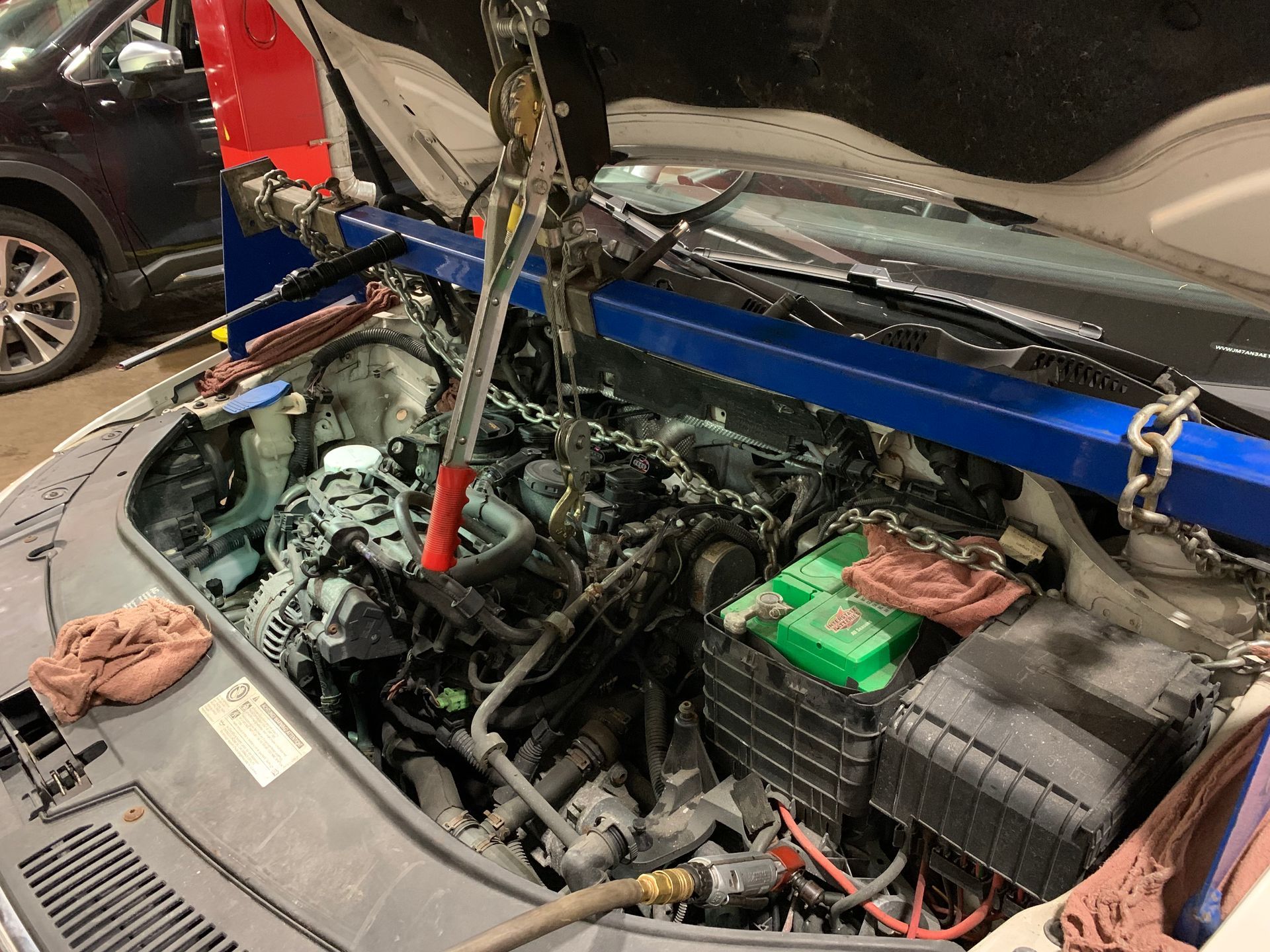
Ever wondered how to tell if your car's engine needs a little TLC? The engine is like the heart of your car, and keeping it healthy is crucial for a smooth ride. Let's explore simple signs and tips to help you know if your engine needs attention.

- Listen for Weird Noises:
If your car starts making strange knocking or grinding noises, it might be a sign of a bad engine. Listen closely when you start the car and while driving. Unusual sounds can mean trouble!
- Watch the Smoke:
If you see smoke coming from your car's exhaust, pay attention to the color. Black, white, or blue smoke can indicate different engine issues. For instance, blue smoke can mean the engine is burning oil.
- Check for Poor Performance:
Is your car struggling to start or losing power? Difficulty starting, rough idling , or a loss of acceleration can be signs of engine trouble. Don't ignore these signs!
- Inspect for Leaks:
Look under your car for any fluid leaks. Engine oil, coolant, or transmission fluid leaks are red flags. If you spot a leak, it's time to visit a mechanic.
- Monitor Engine Fluids:
Regularly check engine oil, coolant, and transmission fluid levels. Low or contaminated fluids can harm your engine's health. Keep them at the right levels for a happy engine.

Being aware of your car's engine health is key to a long-lasting and safe ride. Listen for strange sounds, watch for smoke, and stay on top of fluid levels. When in doubt, consult a professional mechanic. Taking care of your engine is taking care of your car.
Need help with your engine? We can help! Lou's Car Care & Fleet Services has been proudly serving Baldwinsville, NY, and surrounding communities since 1976. Call us or schedule your next appointment online today!
FREQUENTLY ASKED ENGINE QUESTIONS:
1. How does an internal combustion engine work?
An internal combustion engine works by igniting a mixture of air and fuel within a cylinder. This controlled explosion produces high-pressure gases that force a piston to move, converting the linear motion into rotational motion to turn a crankshaft. This rotation is then transferred to the vehicle's wheels, generating power.
2. What is the difference between a gasoline engine and a diesel engine?
The primary difference lies in the ignition process. Gasoline engines use spark plugs to ignite a mixture of air and fuel, while diesel engines rely on the heat generated by compressing air to ignite the injected fuel. Diesel engines are generally more fuel-efficient and have higher torque, making them suitable for heavy-duty applications.
3. What is horsepower and torque, and how are they different?
Horsepower and torque are both measures of engine performance, but they represent different characteristics. Horsepower is a measure of the engine's ability to do work overtime, reflecting speed. Torque is the rotational force produced by the engine. While horsepower is a function of torque and engine speed, torque represents the engine's immediate twisting force.
4. What is the role of engine oil?
Engine oil plays a crucial role in lubricating moving parts within the engine, reducing friction, and preventing wear. It also helps cool the engine by dissipating heat, seals gaps between components, and cleans away contaminants. Regular oil changes are essential to maintaining engine health.
5. How does turbocharging or supercharging work?
Turbocharging and supercharging are both methods of forced induction, aimed at increasing engine power. They compress the incoming air before it enters the combustion chamber, allowing more air and fuel to mix, resulting in a more powerful explosion. Turbochargers are driven by exhaust gases, while superchargers are typically belt-driven by the engine. Both methods enhance performance and efficiency.
Let's Connect! Click on the links below to stay in touch with the Lou's Car Care Community:








